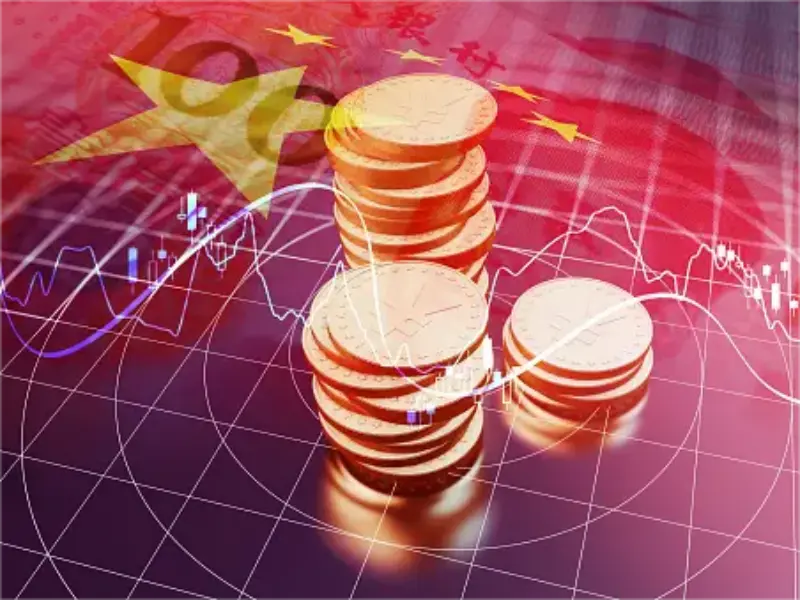- Chinese equities suffered the biggest fall since January, signalling a market downturn due to uncertainties.
- Trading volume in major ETFs surged to $2 billion as China’s national team intervened.
OUR TAKE
The recent downturn in the Chinese stock market has caused widespread concern, with the CSI 300 Index falling significantly, losing over 3% in just three days. This decline, the sharpest since January, indicates growing investor concern following the Third Plenum, which failed to deliver the expected policy stimulus. Despite the intervention of China’s sovereign wealth fund, the National Team, which targeted key ETFs in an attempt to stabilise the market, overall sentiment remains pessimistic. These developments underline a broader economic struggle, amplified by geopolitical tensions and cautious consumer spending ahead of the US presidential election.
–Heidi Luo, BTW reporter
What happened
Chinese equities fell sharply this week, with the CSI 300 Index dropping 0.6% for a cumulative loss of over 3% in just three days, the biggest drop since January. The fall came as the Shanghai Composite Index briefly dipped below the key 2,900 level, signaling a broader market retreat.
This has led to a prevailing sense of pessimism, especially as more detailed policy outcomes are awaited from the upcoming Politburo meeting. In addition, the slowdown in stock purchases by the National Team, China’s state-backed funds that often intervene to stabilise the market, has contributed to market volatility.
“There is some pessimism because the plenum did not provide many concrete reasons to be more optimistic. There is a bit of panic, but the sell-off could also be largely related to fund flows, including large redemptions by mutual funds,” said Chen Zunde, a fund manager at Guangdong Fund Investment.
Also read: Hong Kong to launch Asia’s first inverse bitcoin ETF
Also read: Crypto market surges amidst Ethereum ETF hype and legal drama
Why it’s important
China’s stock market continues to face strong headwinds. After the Third Plenum, the National Team, China’s sovereign wealth fund, played a critical role in attempting to stabilise the market through strategic buying, with a particular focus on key exchange traded funds (ETFs). In a single day, trading volumes in several major ETFs reached $2 billion, although this was still below the peaks seen in previous sessions.
Despite these efforts, overall sentiment remains bearish as the market grapples with one of the largest mutual fund redemptions since 2005. This is in part a reflection of deeper economic challenges, including a struggling housing sector and cautious consumer spending. The political landscape is also contributing to market volatility as the upcoming US presidential election adds to the geopolitical complexities affecting market dynamics.
Analysts are sceptical about the effectiveness of recent policy measures introduced by the Politburo to restore investor confidence and market stability. Historically, these initiatives have only resulted in temporary rallies.
With the CSI 300 Index currently around 10% below its level after the Politburo meeting in July, there’s a widespread concern that the market may not achieve a sustainable recovery without more robust and lasting reforms.
“Pessimism is prevalent in the market. It’s quite likely that the national team was behind the rise in stocks in the morning session, as turnover in some of the major broad index ETFs is an important window to observe the sovereign fund’s moves,” said Li Xuetong, fund manager at Shenzhen Enjoy Investment Management.

